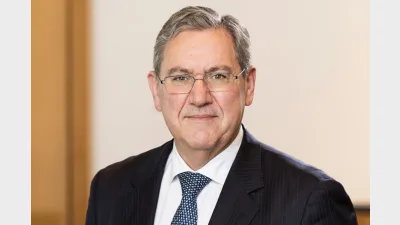Senate's look into super gender gap welcomed



Superannuation bodies have responded warmly to the Senate's inquiry into the economic security for women in retirement that was announced on Monday.
The inquiry will examine factors contributing to the gap such as the gender pay gap, women's caring responsibilities, and whether there are structural impediments in the super system.
Industry Super Australia (ISA) said its modelling shows even with super, pension payments, and other savings combined, 63 per cent of single women will still not retire comfortable by 2055 unless the retirement income system is restructured.
Welcoming the parliamentary inquiry, to be backed by all parties, ISA deputy chief executive, Robbie Campo, said "we strongly welcome a review of how the super system can better deliver for Australian women."
"Superannuation outcomes depend on the level of contributions, compound earnings and government tax concessions. Women currently earn lower average pay than men and their super accumulation is typically disrupted to take time out to have children. This results in lower contributions, lower compound earnings and a poorer standard of retirement," she said.
The Australian Institute of Superannuation Trustees (AIST) chief executive, Tom Garcia, said the issue needed to be addressed with bold policy reforms, ideally supported by all political parties.
"When it comes to delivering retirement outcomes for women, the system rates poorly on gender, particularly when compared to other key performance measures such as adequacy and coverage," Garcia said.
Commenting on the inquiry, industry super fund HESTA said 80 per cent of its members are women and many work in part-time or casual roles.
HESTA's chief executive, Debby Blakey, said "We have a sophisticated retirement system but it's based on the premise that all Australians enjoy uninterrupted working lives. For many women, this simply isn't the case."
Blakey added that the debate around super tax concession has typically focused on a small group of high-income earners.
"We hope a senate inquiry leads to positive policy action to achieve a more equitable super system for all working Australians," she said.
Recommended for you
Australia’s superannuation sector is being held back by overlapping and outdated regulation, ASFA says, with compliance costs almost doubling in seven years – a drain on member returns and the economy alike.
Two of Australia’s largest industry super funds have thrown their support behind an ASIC review into how stamp duty is disclosed in investment fee reporting, saying it could unlock more capital for housing projects.
The corporate watchdog is preparing to publish a progress report on private credit this September, following a comprehensive review of the rapidly expanding market.
The fund has appointed Fotine Kotsilas as its new chief risk officer, continuing a series of executive changes aimed at driving growth, but NGS Super’s CEO has assured the fund won’t pursue growth for growth’s sake.











